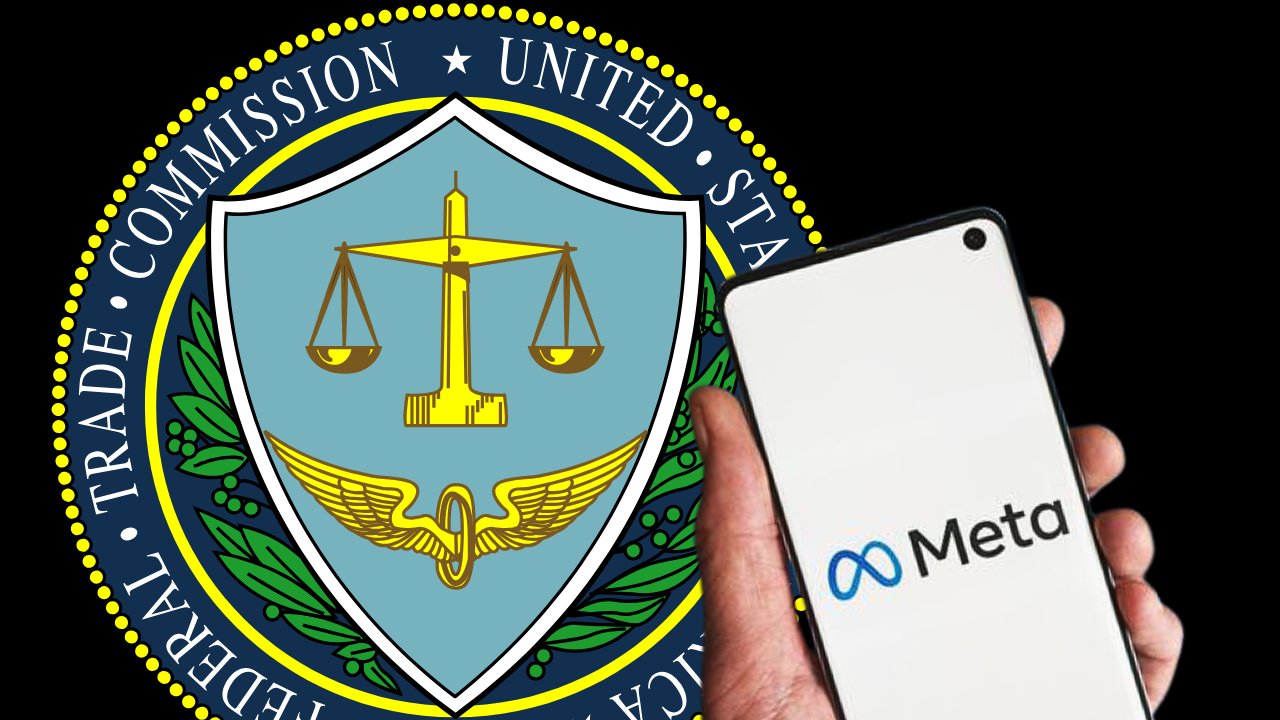Nigeria’s ban on alcohol recently made the rounds in the news on local media outlets. The announcement disclosed in a statement by the National Agency for Foods and Drugs Administration and Control (NAFDAC) director-general, Prof. Christianah Mojisola Adeyeye, stated that the Federal government had issued directives targeted at phasing out the sale and consumption of alcohol in sachets and polyethylene terephthalate (PET) bottles. This means that the regulatory agency will no longer register new products in sachet and small volume PET or glass bottles above 30 per cent Alcohol by Volume (ABV) and also mandated alcohol companies to drive down production by at least 50% enforceable for January 31, 2020. This article highlights the effect of the ban on small business owners and the limitation to the freedom of consumer choice.
This partial ban on alcohol seems to only be targeted at a specific set of people – Low income earners. The dominant consumers of alcohol in sachets and small bottles are low income earners, just as the predominant retailers of alcohol in this packaging are small businesses who own small kiosks or even hawk their wares. In fact, the reason big companies often go the route of selling alcohol in sachets and small packs is because that is the only way low income earners can afford them. Shutting out this access is in fact seeking to erase the end of one market. This prohibitionist approach effectively cuts off many low-income earners from participating in the alcohol market. This is likely to cause economically disadvantaged people to buy alcohol in excess of what their finances ordinarily allow as affordable options are being taken out of the market. It essentially signals to low income earners to buy more alcohol since the only option they are left with is to buy alcohol in bigger packaging. Also, by making the sale of alcohol in sachets illegal, there is also the possibility of certain individuals taking advantage of the demand for sachet alcohol by illegally apportioning alcohol in sachets and other smaller containers under potentially unhygienic conditions.
Beyond the suffocation of economic activities at the base of the pyramid, an outright ban conflicts with the freedom of consumers to choose and the importance of markets, this is another example of the Nigerian government’s overarching involvement in the choices of Nigerians. The agency had highlighted that uncontrolled access and availability of high concentration alcohol contribute to substance and alcohol abuse in Nigeria transitioning into a negative impact in the society. One of the best approaches to curbing substance use has been used in the tobacco industry. Without banning its usage, members of the public are made aware of the consequences of tobacco use and allowed to make their own decisions.
The Nigerian government has become increasingly overreaching in its responsibilities by taking away decisions that should ideally be left to consumers. Usually, when a group of people make decisions for others, they do this with their own bias and without much knowledge of the motives of the eventual consumers. The truth is that consumers are usually aware of the risks and benefits associated with products they use before consumption. However, the most ideal approach should be to make any new information about certain products publicly available so that consumers can have more information that can help them make informed decisions. Due to the absence of a perfect product, consumers often always juxtapose the risks and benefits associated with each product they consume with alternatives available. While certain persons will embrace certain risks, others are less likely to do so or may simply choose preferable risks. Banning products reduces the alternatives for users, limiting the available solutions to their problems as everyone who makes a purchase of an item is looking to solve an important problem.
Banning the sale of alcohol as well as instructing companies to deliberately lower their production below their capacities and operate at 50 percent efficiency irrespective of market demand is detrimental to an economy. It is also a direct affront on the freedoms that consumers should have in an open market.




